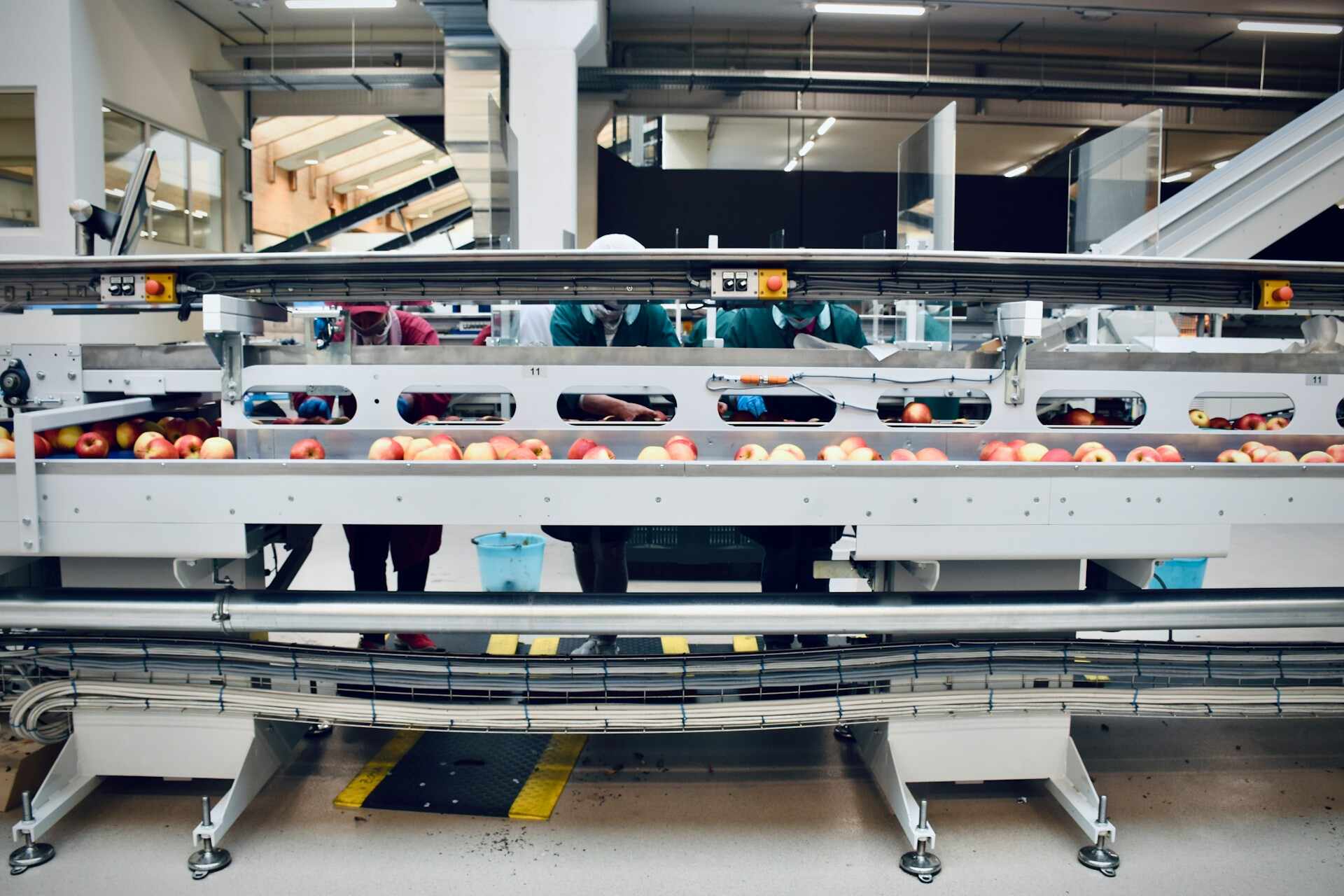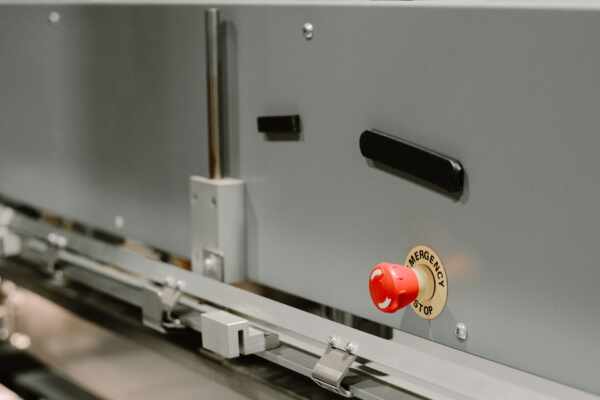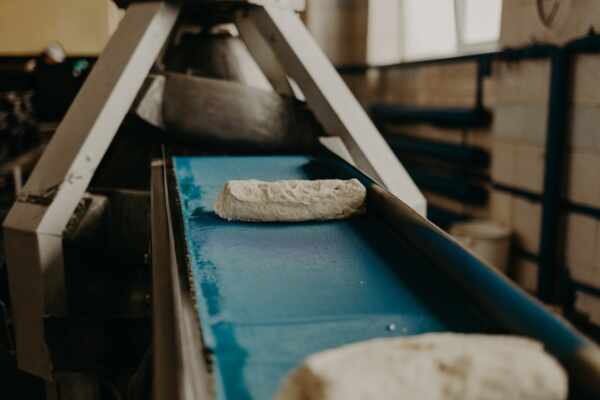In the fast-paced world of food manufacturing, selecting the right type of conveyor belt for your facility is crucial to maintaining a smooth, efficient, and safe production process. While there are many conveyor belt materials to choose from, steel belts have emerged as a popular choice for many food manufacturers due to their unique set of advantages. With their inherent strength, durability, and hygiene benefits, steel conveyor belts offer an unmatched combination of features that make them ideally suited for the stringent demands of the food manufacturing industry.
In this informative article, we will delve into the numerous benefits that steel conveyor belts provide for food manufacturers, highlighting their key advantages in terms of performance, efficiency, and safety. Through a comprehensive exploration of the various aspects that set steel conveyor belts apart from other belt materials, you will gain valuable insights into why these belts are an optimal choice for many food manufacturing applications.
By sharing our expertise in conveyor belt systems, we aim to assist you in making an informed decision when it comes to choosing the best conveyor belt material for your specific needs, ensuring that your facility adheres to industry standards, operates efficiently, and is able to maintain the highest standards of food safety.
The Distinctive Advantages of Steel Conveyor Belts
In order to appreciate the unique advantages of steel conveyor belts in the food manufacturing industry, it is important to understand their core features and characteristics. Some of the key factors that set steel conveyor belts apart from their counterparts include:
1. High Strength and Durability
Steel belts are renowned for their ability to withstand heavy loads and resist wear, making them an ideal choice for high-volume food production lines. This strength and durability translate into longer belt lifespans, resulting in reduced maintenance costs and downtime.
2. Hygiene and Cleanliness
The smooth, non-porous surface of steel belts inhibits the build-up of dirt, bacteria, and other contaminants, ensuring food products remain safe and hygienic throughout the production process. Furthermore, steel belts can be easily cleaned and sanitised, allowing food manufacturers to maintain strict hygiene standards with minimal effort.
3. Heat and Cold Resistance
Steel belts can handle extreme temperatures, making them suitable for various food manufacturing processes such as baking, freezing, and cooking. This temperature resistance allows steel belts to be employed in a diverse range of food production settings.
4. Corrosion Resistance
Many types of steel conveyor belts, such as stainless steel, offer excellent resistance to corrosion, making them suitable for use in wet or humid food manufacturing environments where other belt materials might degrade or fail.
Achieving Greater Efficiency and Productivity
In addition to the superior performance attributes of steel conveyor belts, they also provide significant benefits in terms of increased efficiency and productivity for food manufacturers. These efficiency advantages include:
1. Faster Processing and Throughput
The strength and durability of steel belts make them ideal for high-speed food production lines, enabling manufacturers to achieve faster processing and higher throughput without compromising on product quality or safety.
2. Reduced Maintenance and Downtime
The longer lifespan and reduced maintenance requirements of steel belts mean that food manufacturers can minimise production downtime and maintain consistently high levels of productivity.
3. Greater Flexibility
Steel belts can accommodate various types of food processing equipment, allowing manufacturers to customise their production lines to meet the specific needs of their products and achieve optimal efficiency.
Compliance with Strict Food Safety Standards
Maintaining compliance with strict food safety standards is a top priority for every food manufacturer. Steel conveyor belts offer several inherent advantages in this regard, ensuring that food products are produced in accordance with both local and international regulations:
1. Ease of Sanitation
Steel belts are easy to clean and sanitise, making it simple for manufacturers to adhere to the rigorous sanitation protocols required by food safety regulations.
2. Prevention of Cross-Contamination
The non-porous surface of steel belts hinders the accumulation of contaminants, helping to prevent cross-contamination between various products on the production line.
3. Temperature Control
As steel belts can handle extreme temperatures, they allow manufacturers to maintain precise temperature control during food processing, ensuring products are consistently produced at the required temperature for safe consumption.
Choosing the Right Steel Conveyor Belt for Your Food Manufacturing Facility
With a range of steel conveyor belt options available, selecting the right belt for your food manufacturing facility requires careful consideration of the specific needs and requirements of your operation. The following factors should be taken into account when making your decision:
1. Belt Type
Evaluate the various types of steel belts on the market, including flat wire, balanced weave, and mesh belts, and determine which option best suits your food manufacturing processes and requirements.
2. Temperature Requirements
Consider the temperature requirements of your food production process, and choose a steel belt that can handle the necessary heat and cold extremes without compromising on quality or performance.
3. Load Capacity
Determine the maximum load capacity your conveyor belt will need to handle, and ensure the chosen steel belt can accommodate this weight without causing undue wear or damage.
Conclusion
Steel conveyor belts offer a wealth of advantages for food manufacturers, making them an ideal choice for facilities requiring a belt system that delivers strength, durability, and compliance with strict safety and hygiene standards. By understanding the key benefits of steel belts and carefully considering your facility’s unique requirements, you can make an informed decision and select the best belt material for your operation, ensuring optimal productivity, efficiency, and safety.
If you are looking to upgrade your conveyor belt system with the unparalleled advantages of steel belts, our team of experts are ready to help guide you through the selection process. Contact us today and let us assist you in making the right decision for your unique food manufacturing needs, ensuring consistent, safe, and efficient operations.




